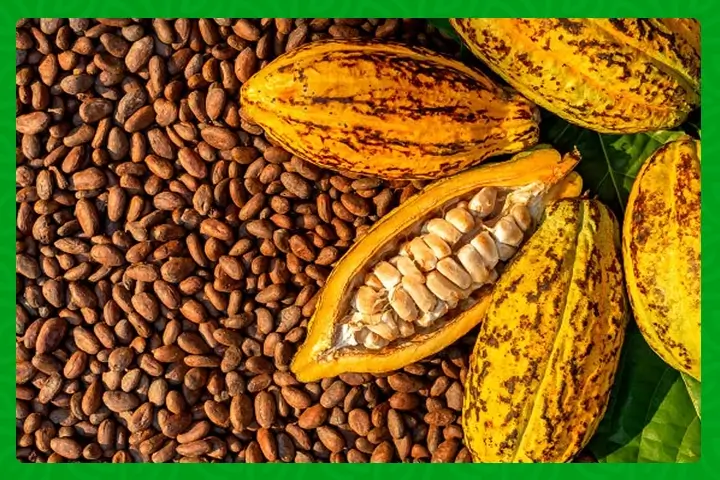
Ghana’s cocoa industry has delivered a spectacular boost to the nation’s coffers, with export earnings soaring to US$2.17 billion in the first half of 2025; nearly three times the US$762.5 million recorded during the same period in 2024. This surge not only cements cocoa’s role as a powerhouse foreign exchange earner but also highlights the sector’s vital contribution to Ghana’s trade balance, which has more than tripled year-on-year as of June 2025.
Record Revenues, Rising Stakes
When cocoa sales nearly tripled in H1 2025, Ghana’s economic pulse quickened. Farmers saw brighter prospects, exporters clinched better deals, and the Bank of Ghana registered a healthy uptick in foreign currency inflows. Strong global demand for high-quality Ghanaian beans and favourable market prices worked in tandem to push earnings to unprecedented heights. Yet behind these figures lies a growing unease.
Climate Challenges Cast Long Shadow
While the numbers tell a story of success, the fields tell a different tale. COCOBOD’s recent assessments, backed by dozens of farmer associations, warn that this season’s output may dip. Unpredictable weather patterns have brought persistent rainfall, cooler-than-normal temperatures, and limited sunshine to key cocoa regions. These conditions are the perfect breeding ground for black pod disease, a fungal infection that can decimate yields if left unchecked.
“We visited 72 cocoa-growing districts and saw visible signs of fungal infections on cocoa trees,” said Nana Oboadie Bonsu, president of the Ghana National Cocoa Farmers Association. “If not addressed, this could cripple farmer incomes and disrupt the future of cocoa production in Ghana.” His words underscore the tightrope the sector now walks: record-breaking revenue on one side, potential production decline on the other.
COCOBOD’s Performance Management Push
To confront these twin challenges, unprecedented earnings pressure and environmental threats, COCOBOD has rolled out a new Balanced Scorecard performance management strategy. Francis Ocran, Director of Human Resources at COCOBOD, explains that this leadership-driven framework embeds clear targets, accountability, and continuous improvement into every layer of the organisation.
- Operational Alignment: Linking district offices, research stations, and field officers through unified performance metrics
- Disease Monitoring: Prioritising real-time data on fungal outbreaks and coordinating rapid response teams
- Farmer Engagement: Incentivising best practices in farm sanitation, pruning and shade management to curb black pod spread
This holistic approach aims not only to safeguard cocoa trees against climate-related threats but also to sustain the momentum of booming export revenues.
Upcoming Producer Price Revision
Ghana’s cocoa farmers are eagerly awaiting word on a producer price update, expected before August 7, 2025. The Producer Price Review Committee has submitted its recommendations to Finance Minister Dr Cassiel Ato Forson, with analysts predicting an upward adjustment from the current GH¢3,100 per 64 kg bag (GH¢49,600 per metric tonne). A higher producer price would:
- Boost farmer incomes, helping smallholders reinvest in disease control and farm improvements
- Strengthen Ghana’s competitive edge, ensuring local beans remain attractive against global alternatives
- Fuel rural development, as extra revenue circulates through communities
Balancing Boom and Sustainability
Ghana’s cocoa triumph in H1 2025 proves the sector’s resilience and global appeal. But as climate concerns loom, the industry faces a critical crossroads. High export earnings offer a golden opportunity to invest in disease management, climate-smart farming and farmer training. At the same time, output declines threaten to erase those gains.
By combining record-breaking revenues with COCOBOD’s performance management reforms and timely price adjustments, Ghana can chart a path that delivers both short-term profits and long-term sustainability. The next chapters will depend on swift action in the cocoa belts, decisive leadership in Accra, and ongoing collaboration between farmers, regulators and international partners. If all hands pull together, Ghana’s cocoa legacy, rich in flavour, history and economic promise, will flourish for generations to come.
Stay updated with the latest farming tips and agriculture industry news from Africa by subscribing to our newsletter. Don’t miss out on valuable insights and updates. Follow us on Twitter, LinkedIn, and Facebook to join our farming community and stay connected with us.


















